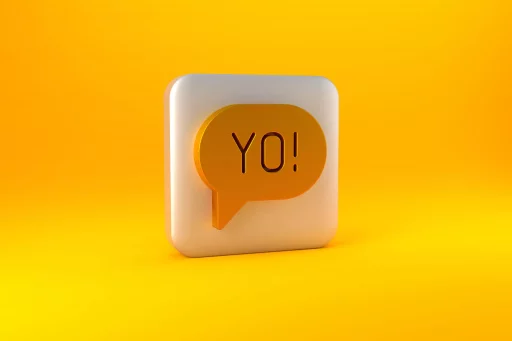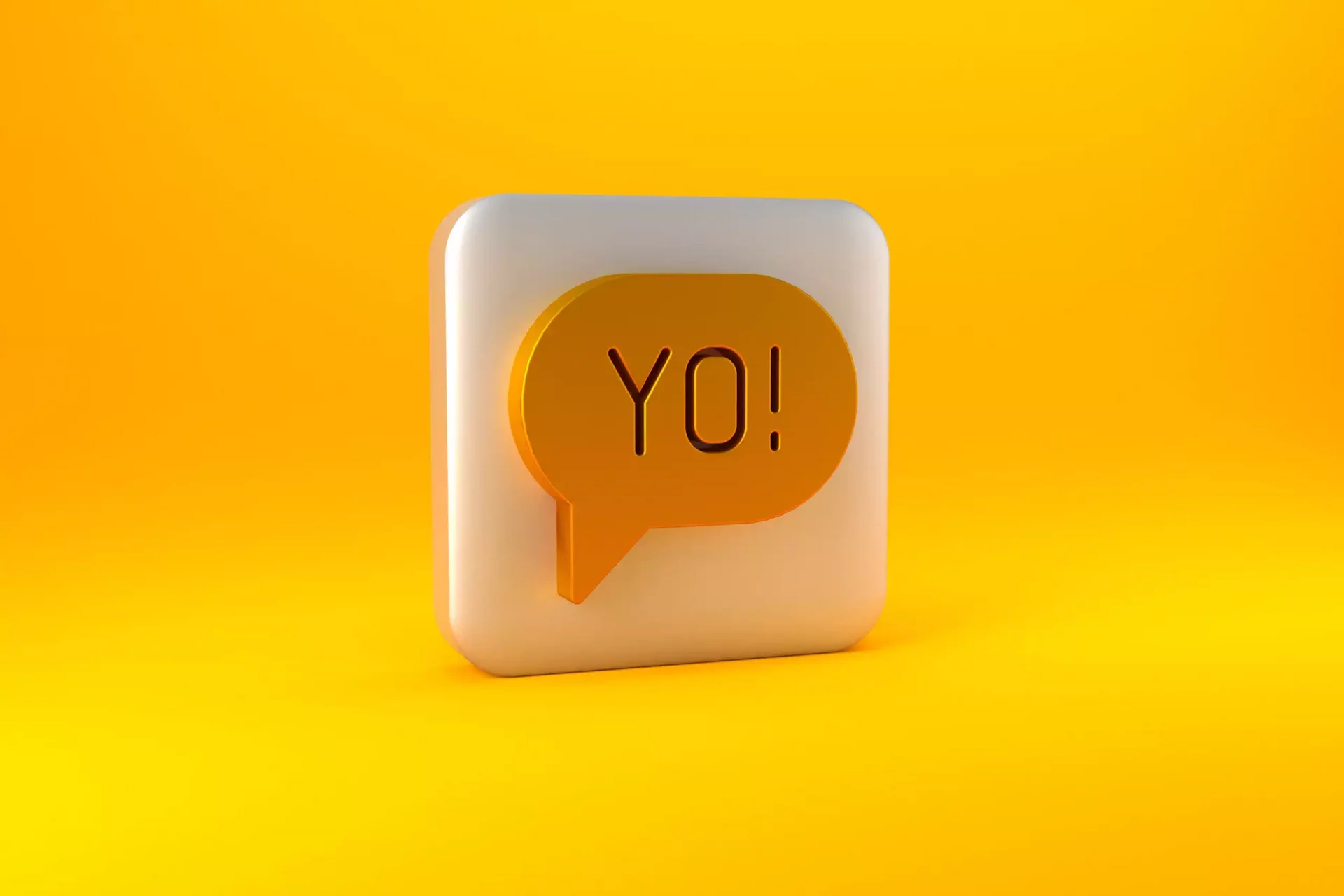Introduction
In the vibrant tapestry of British slang, the term “punching” is one that has captured the attention and intrigue of many. Originally associated with a physical act of hitting, in contemporary vernacular, it has taken on a new, often more humorous connotation. Understanding the nuances of this phrase not only reveals much about British culture but also highlights the evolution of language in modern society.
The Evolution of “Punching” in Slang
The term “punching” in British slang often refers to someone being in a relationship that is perceived as being above their average attractiveness, social standing, or status. Generally, the expression is used in a light-hearted or joking manner and emphasizes a sense of surprise or admiration about how someone is romantically involved with someone considered more attractive or desirable.
Examples of Usage
To further clarify, here are some examples of how “punching” might be used in sentences:
- “I can’t believe he’s dating her; he’s definitely punching above his weight!”
- “Have you seen her boyfriend? She’s totally punching!”
- “I think I’m punching with my current girlfriend; she’s gorgeous!”
These examples illustrate how the term applies to various situations and contexts, often eliciting a good-natured response rather than offense.
Where Did This Slang Come From?
The precise origins of the slang term “punching” are somewhat murky, but it is believed to stem from the world of sports, particularly boxing. In the same way that a fighter seen as undersized might be said to be “punching above their weight” by facing larger opponents, the slang adapts that imagery to social and romantic contexts. This metaphorical use has gained traction over the years, especially in dating and relationship discussions among young people.
Case Studies: Punching in Real Life
Let’s look at a couple of case studies that exemplify this use of “punching” in British society:
- Case Study 1: A Celebrity Couple
In 2016, British singer Ed Sheeran was often described as “punching” after his relationship with actress Cherry Seaborn was made public. Despite being a successful musician, many perceived it as a significant win on his part due to her perceived beauty and status. - Case Study 2: Influencers on Social Media
On platforms like Instagram, many influencers often express how they feel they are “punching” in their relationships. This has led to numerous memes and engagement, proving how cultural perceptions shift through social media.
These examples illustrate how “punching” resonates within both celebrity culture and everyday life.
Statistical Insights
While direct statistics on the usage of the term “punching” in relationships may be sparse, studies on social perceptions of attractiveness provide valuable insights:
- A 2020 study by the Office for National Statistics in the UK indicated that 68% of people feel that attractiveness plays a significant role in romantic relationships.
- Furthermore, a survey conducted by The Independent in 2021 suggested that 54% of respondents believed they were “punching” in their current romantic relationship.
Such insights blur the lines between societal expectations and individual perceptions of self-worth and attractiveness, highlighting how deeply embedded these societal views are in relational dynamics.
The Role of Humor
Humor plays a crucial role in the acceptance and popularization of the phrase “punching.” It often highlights insecurity in a playful way, allowing individuals to express inadequacies while simultaneously uplifting the more attractive partner. This humorous aspect has become a hallmark of social discourse among British youth.
Conclusion
In conclusion, the term “punching” in British slang is a fascinating example of how language evolves and adapts to societal norms, especially in the realm of relationships. From its roots in boxing to its current use depicting romantic engagements that defy conventional attractiveness standards, “punching” represents not only a catchphrase but also an intriguing insight into the complexities of dating culture. As language continues to evolve, expressions like “punching” will certainly keep featuring in conversations, ready to spark laughter and discussions alike.


